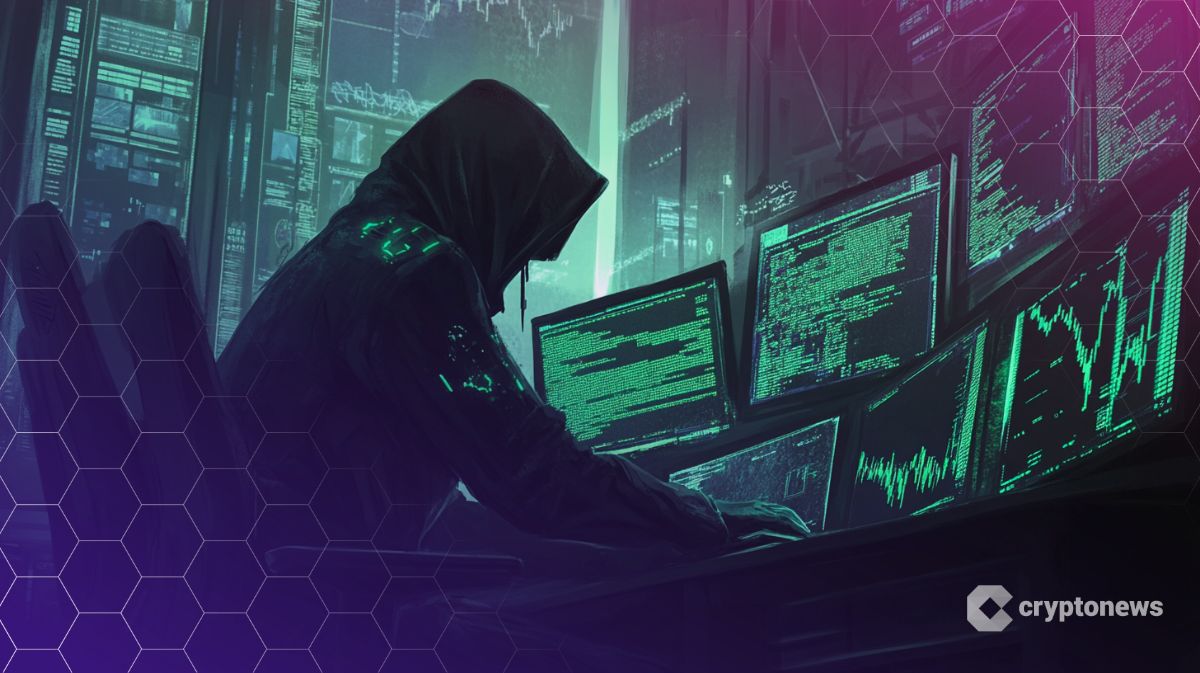Report Illegal Websites to Philippine Authorities
A Comprehensive Legal Guide (2025 edition)
The Philippines’ internet population passed 80 million in 2024. As online commerce, entertainment, and social interaction flourish, so do websites that peddle fraud, piracy, child sexual abuse material (CSAM), terrorism-related propaganda, illegal gambling, and counterfeit goods. Under Philippine law Failure to report can itself incur civil or even criminal liability in certain contexts (e.g., RA 9775 requires “any person who discovers child pornography” to report it).
| Statute / Issuance | Key Provisions on Online Content | Lead Enforcer(s) |
|---|---|---|
| Criminalizes illegal access, data interference, computer‐related fraud, identity theft, online libel, cybersex, child porn distribution; authorises and by courts. | Department of Justice-OOC, NBI‐CCD, PNP-ACG | |
| Mandatory blocking of CSAM; ISPs and content hosts must report within and preserve evidence ; non-compliance penalized up to ₱500,000 per act. | Inter-Agency Council Against Trafficking (IACAT), DOJ, DSWD, NTC | |
| Recognizes electronic evidence; enables service providers to remove or disable access on notice if “actual knowledge” of illegality. | DICT, DTI | |
| Authorises to issue Notice and Takedown and recommend site blocking for large-scale piracy; repeat infringers may face ₱1 million/day fines. | IPOPhil-IPOPRL, NTC | |
| Establishes E-Commerce Bureau (DTI) with power to order platform takedown of “prohibited digital goods or services.” | DTI-ECB (organization under way) | |
| & | Extend to digital storage sites hosting pirated films/music. | Optical Media Board |
| Illegal online gambling and betting sites. | NTC, PAGCOR, AMLC | |
| & | Authorise blocking of terror propaganda/ fundraising sites. | Anti-Terrorism Council, CICC |
Supplementary rules: NTC Memorandum Circular 01-01-2017 (child porn blocking), CICC Administrative Order 1-2022 (Cybercrime Response Unit), IPOPhil MC 2020-006 (site blocking pilot), SEC MC 2-2021 (investment scam websites).
Philippine prosecutors reject many cybercrime complaints for lack of admissible digital evidence. Capture the following the website comes down or changes:
| Item | How to Secure |
|---|---|
| Copy-paste the exact address, including query strings. | |
| Use system timestamp; enable URL bar in frame; record scrolling if needed. | |
| “Save Page As…” or export HAR via browser dev tools. | |
Printouts from whois.domaintools.com or nslookup. | |
| E-receipts, bank transfers, GCash logs, cryptocurrency TXIDs. | |
| Sworn affidavits under of the Rules on Evidence. |
Under §13, RA 10175, you may ask the DOJ-OOC for a compelling the ISP to retain traffic data for .
| Offence | Fast-Track Mechanism | Statutory Deadline |
|---|---|---|
| NTC directive to ISPs without a court order (RA 9775 §9) | 48 h removal; 7 d report | |
| IPOPhil Site-Blocking List (MC 2020-006) | 15 d from notice | |
| Telcos’ hotline | Immediate blocking | |
| 1343 Actionline; IACAT rescue ops | 24 h referral |
- for damages under Art. 19–26 Civil Code (abuse of rights).
10. Best Practices Checklist (For Citizens & Companies)
✔️ and the primary agency.
✔️ before contacting anyone else.
✔️ —many offenses have strict reporting windows (child protection, banking fraud).
✔️ —private “takedown services” have no police powers and may expose you to extortion.
✔️ of every email, phone call, or reference number.
✔️ Follow up politely—government cyber-units are small; persistence helps.
✔️ Stay updated—subscribe to NTC and CICC advisories; laws evolve yearly.
This article provides general information only and does not constitute legal advice. Consult a qualified Philippine lawyer or the appropriate government agency for guidance on specific cases.
Disclaimer: This content is not legal advice and may involve AI assistance. Information may be inaccurate.










